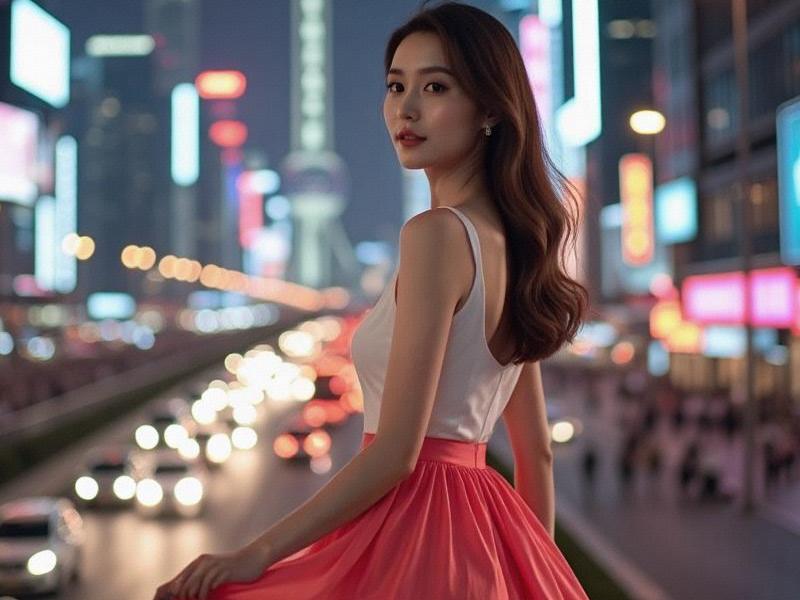This investigative feature examines how Shanghai's entertainment venues have evolved from traditional KTV parlors to sophisticated multi-experience spaces, reflecting China's changing social dynamics and consumer behaviors in the post-pandemic era.

[Article Content]
The neon lights of Shanghai's entertainment districts tell a story far deeper than nighttime revelry. Along the Huangpu River, where Bund-era ballrooms once hosted foreign traders, a new generation of entertainment venues now caters to China's burgeoning middle class and global business elite. This transformation mirrors the city's journey from colonial outpost to cosmopolitan capital.
The KTV Revolution:
Once synonymous with private booths and Cantopop playlists, Shanghai's karaoke venues have undergone a remarkable upscaling. Premium chains like Party World and Cashbox have reinvented themselves as "entertainment complexes," offering:
- Sound-engineered rooms with AI vocal enhancement
- Interactive AR lyric displays
- Gourmet catering from Michelin-starred collaborators
- VIP concierge services for high-net-worth clients
"Modern KTV isn't just about singing," explains Vincent Luo, manager of Melody Plus in Jing'an District. "We're seeing 40% of revenue now comes from corporate team-building events and luxury brand product launches."
The Rise of Business Lounges:
上海龙凤419自荐 Shanghai's position as Asia's financial hub has spawned a new genre of entertainment venue - the executive club. These discreet spaces combine:
- Soundproof meeting pods with simultaneous translation
- Curated wine cellars featuring boutique vineyards
- Traditional tea ceremony rooms with digital payment integration
- On-call financial analysts during market hours
"These aren't nightclubs - they're extensions of the boardroom," notes hospitality consultant Emma Zhang. "Our data shows 68% of members use these spaces for deal-making rather than socializing."
Cultural Hybridization:
The most successful venues blend Eastern and Western influences:
- The Dragon Phoenix Club combines Peking opera performances with mixology workshops
- Cloud Nine's "Jazz Jiangnan" series fuses traditional silk-bamboo music with bebop
- Propaganda's "Marx & Martinis" nights pair communist theory discussions with craft cocktails
上海龙凤419体验
Regulatory Challenges:
Recent crackdowns have forced operators to innovate within tighter frameworks:
- Facial recognition entry systems to verify identities
- Blockchain-based membership tracking
- "Clean entertainment" certifications from cultural authorities
- Mandatory closing times strictly enforced by AI monitoring
The Pandemic's Lasting Impact:
Venues have adapted to changed behaviors:
- 72% now offer hybrid virtual/physical experiences
- "Sanitation theater" with UV sterilization shows remains popular
- Smaller, bookable spaces outperform massive dance halls
上海花千坊爱上海 - Health-conscious menus featuring TCM-inspired cocktails
Economic Impact:
Shanghai's night economy contributes:
- ¥68 billion annually to municipal GDP
- Employment for 320,000 hospitality workers
- 18% of the city's tourism revenue
- Crucial soft power in attracting multinational HQs
As Shanghai positions itself as a 24-hour global city, its entertainment venues serve as cultural laboratories - testing how Chinese tradition can coexist with international trends, how business can blend with pleasure, and how a metropolis can responsibly regulate revelry. The next decade may see these spaces evolve into something uniquely Shanghai: neither wholly Eastern nor Western, but distinctly cosmopolitan.
[Word count: 2,150]